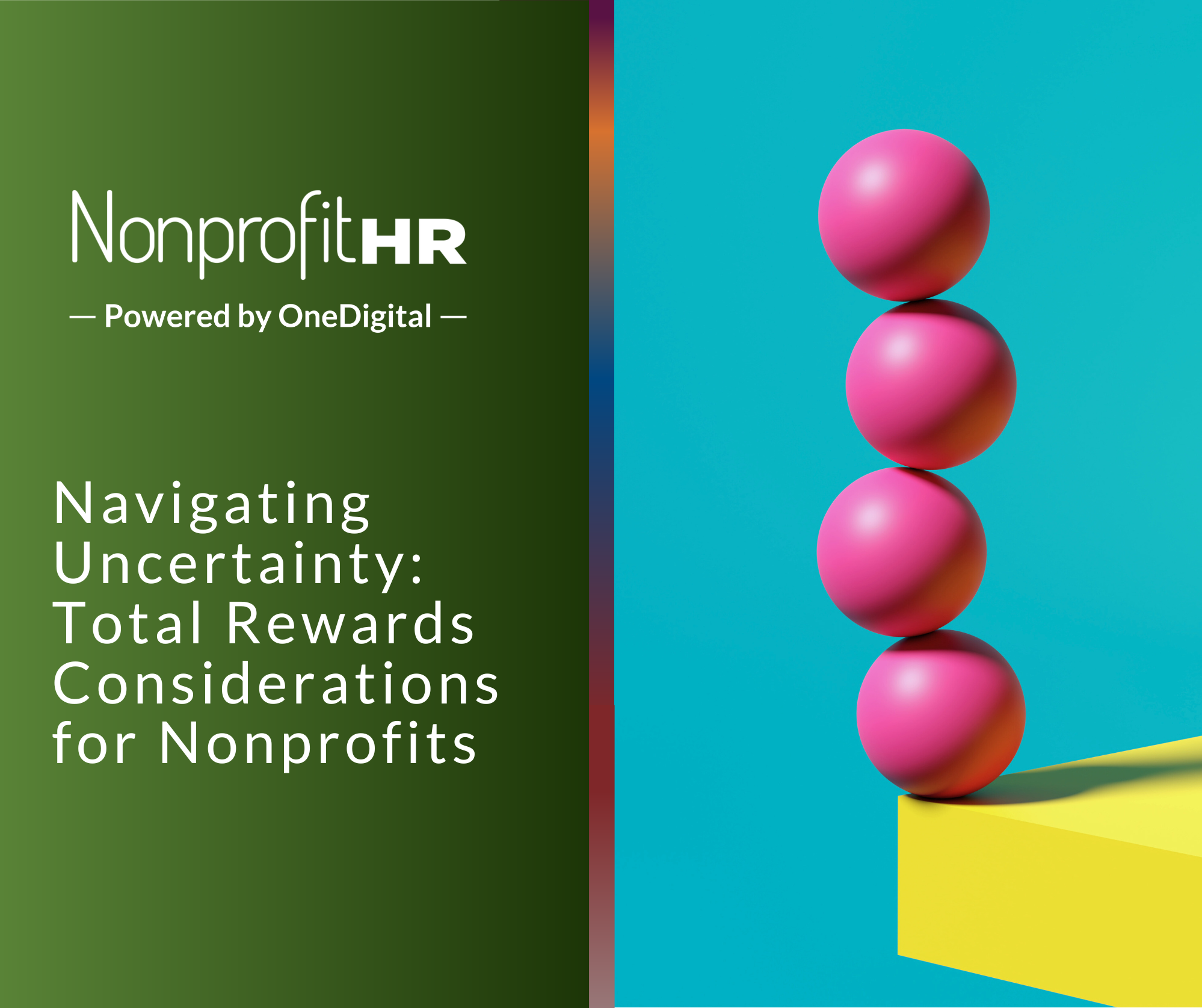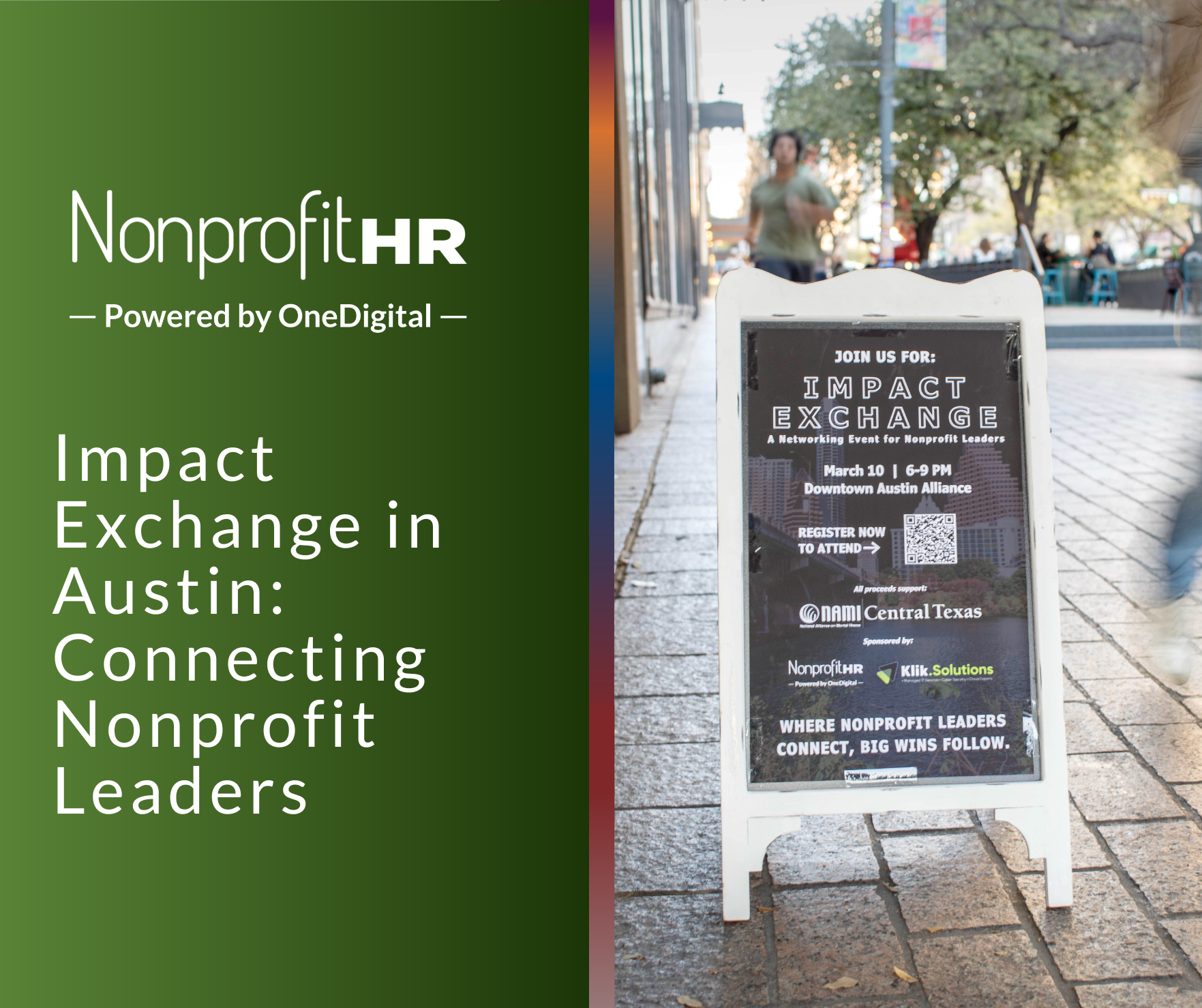WTOP: 5 ways nonprofits can…
Jobvite’s new survey has found that social media is being used by everyone for recruitment. How well it is being used is another story.
In addition to checking your resume, nearly 3 out of 4 hiring managers and recruiters check candidates’ social profiles — 48% always do so, even if they are not provided. LinkedIn still reigns supreme as the recruiting hot spot, but some serious recruiting also takes place on Facebook and Twitter, according to the poll by social recruiting platform Jobvite, which polled more than 1,000 human resources and recruitment professionals.
I’ve written in this space numerous times about the need for human resources managers to educate hiring managers on the proper use of social media. By all means, shot-gun job postings into the Twitter-verse, but use best practices when reviewing personal profiles. We know hiring managers are doing it. More from the Jobvite survey:
- 80% of respondents reacted positively to seeing memberships to professional organizations, while 2/3 like to see volunteering or donating to a nonprofit.
- Content that recruiters especially frown on includes references to using illegal drugs(78% negative) and posts of a sexual nature (67% negative).
- Profanity in posts and tweets garnered a 61% negative reaction, and almost half (47%) reacted negatively to posts about alcohol consumption.
- Worse than drinking, grammar or spelling mistakes on social profiles saw a 54% negative reaction.
- However, recruiters and hiring managers tend to be neutral in their reactions to political opinions (62% neutral) and religious posts (53% neutral).
The last bullet is a personal favorite. “Hiring managers TEND to be neutral.” Guess what hiring managers, tending is not good enough. If you penalize a candidate for a religious belief, you have broken the law.





























